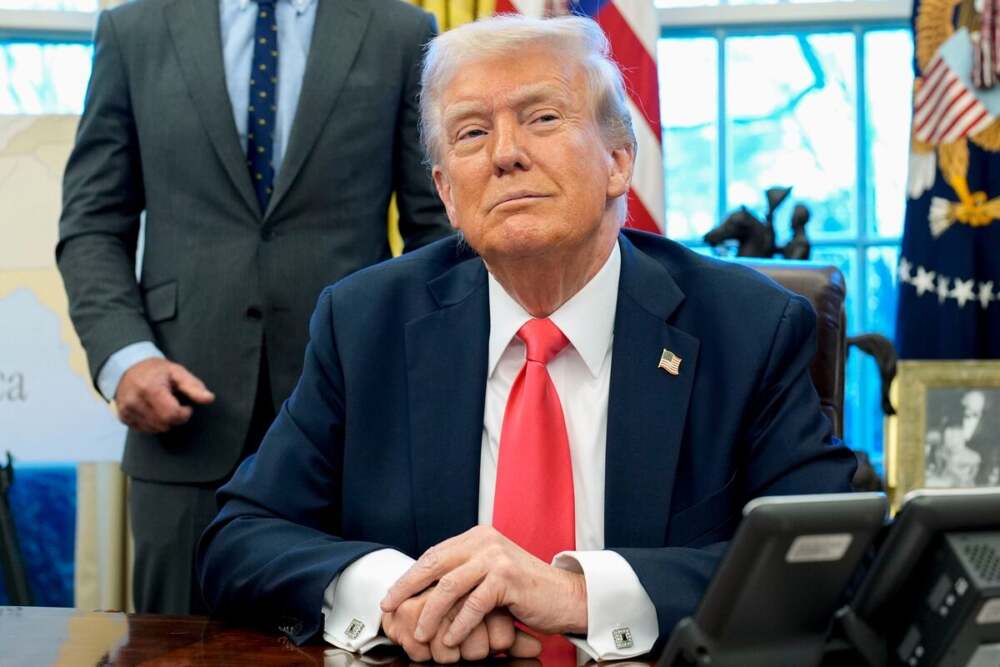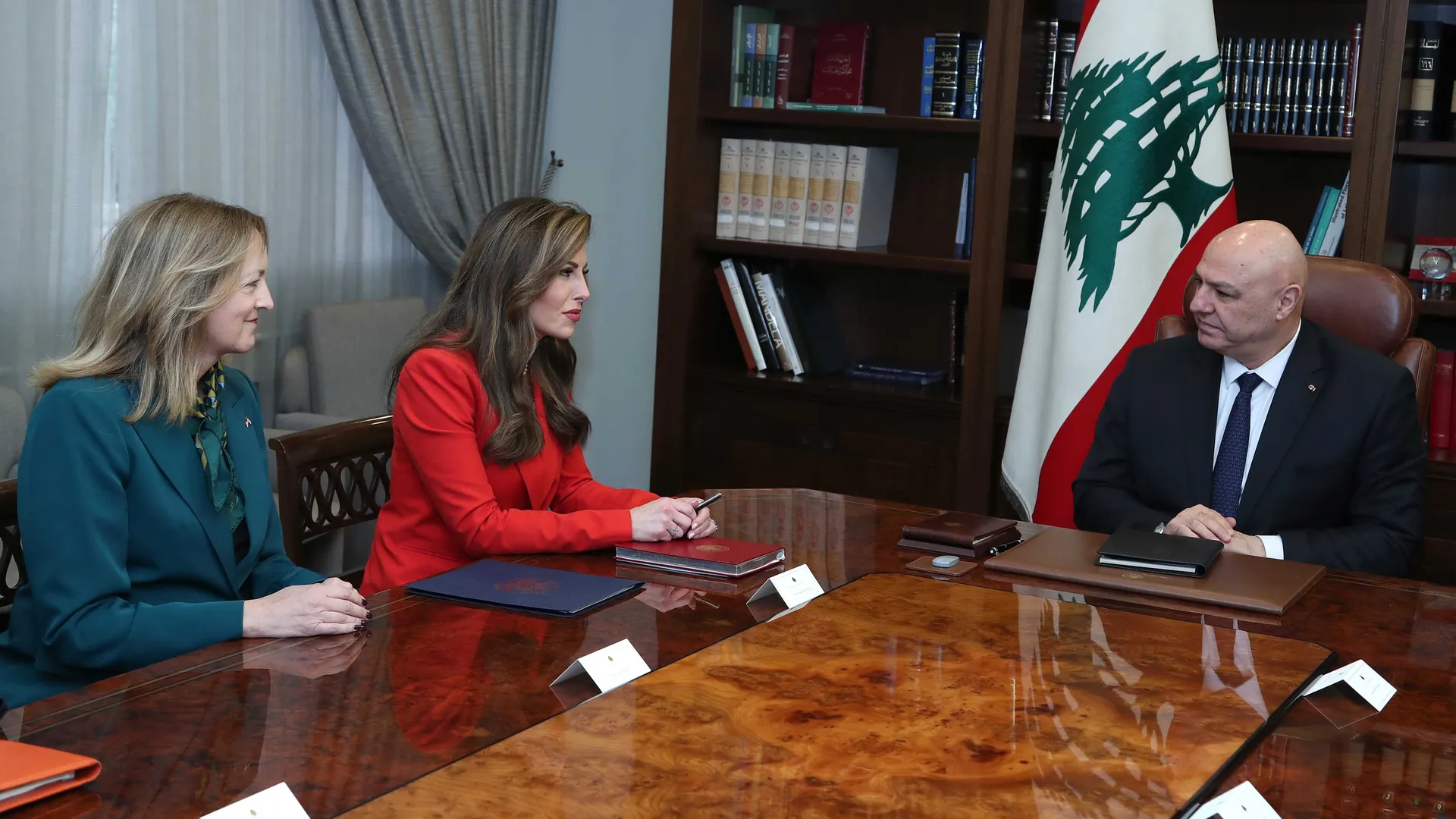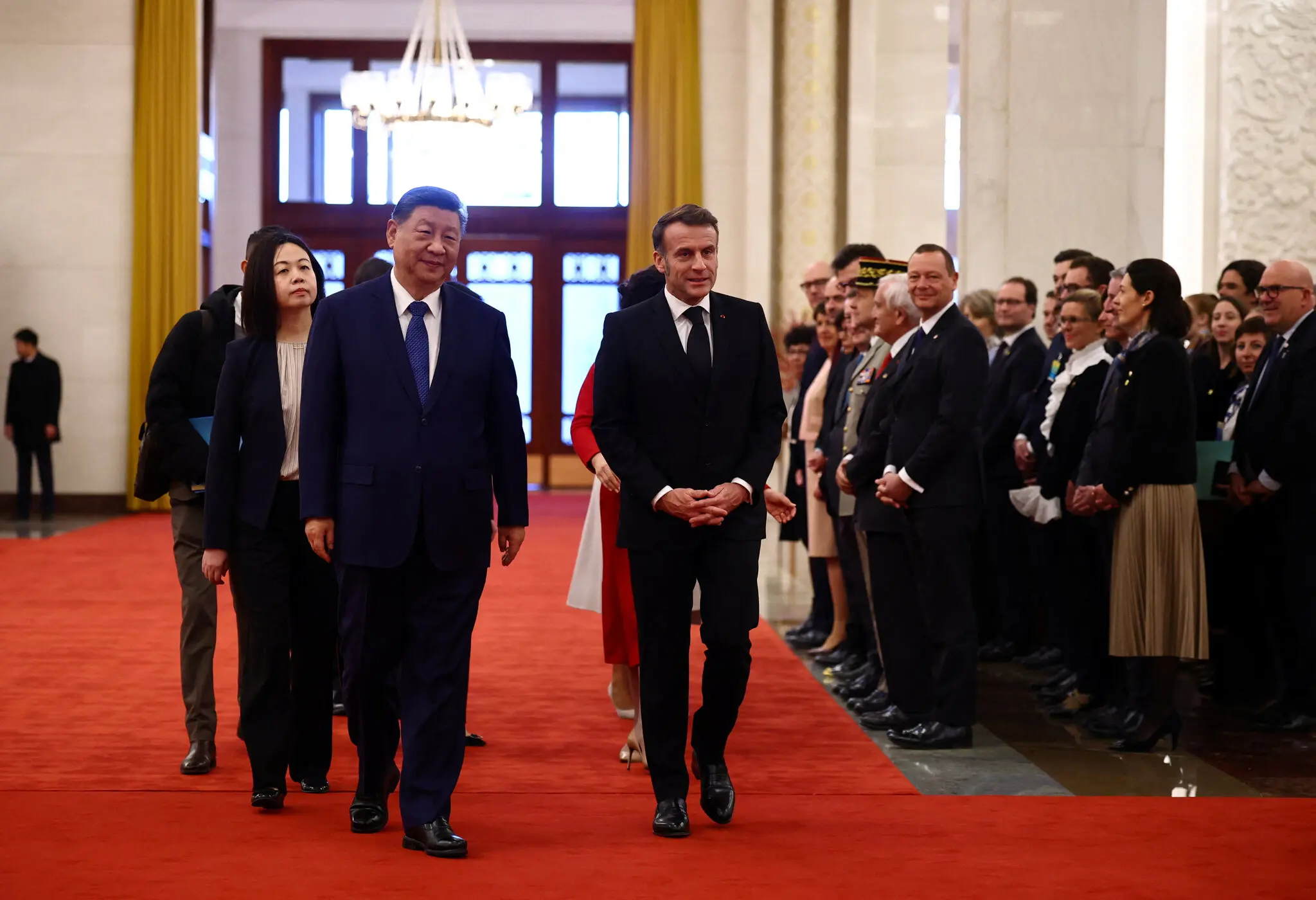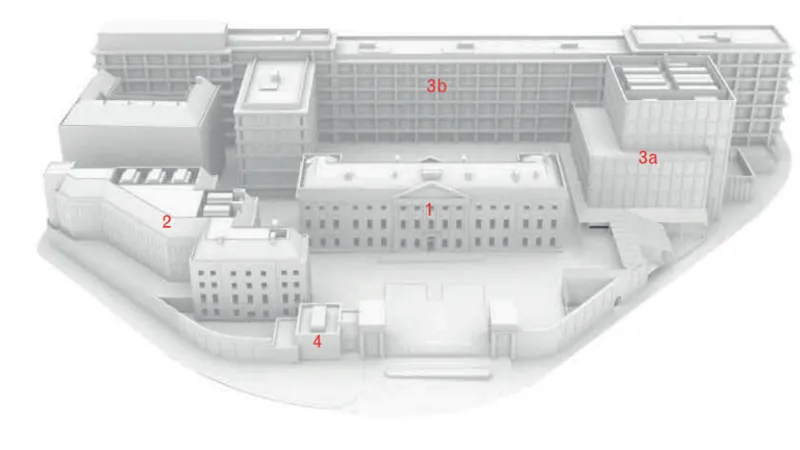In a growing trade dispute, China has issued a strong warning to Mexico as Mexico prepares to raise tariffs on a wide array of imports, especially automobiles from China. Beijing expressed concern that the planned tariff hikes are being viewed as an act of appeasement toward U.S. demands.
A spokesperson for China’s Ministry of Commerce urged Mexico to “think twice” before implementing unilateral increases in import duties, even if those moves comply with World Trade Organization rules. The Chinese side maintained that any such increases would be interpreted as yielding to “bullying tactics” and cautioned Mexico to proceed with “extreme caution.”
For its part, Mexico is defending the strategy as a component of its industrial policy. It says the higher tariffs are designed to help strengthen domestic manufacturing, curb import dependency, and protect local jobs. This policy move includes raising levies on several categories of goods—especially cars, auto parts, electronics, and other imported items—from countries with which Mexico does not have free trade deals.
In particular, auto imports from China will face steep new tariffs, marking a significant shift in Mexico’s trade policies. Officials in Mexico assert the changes were planned under a broader economic program predating recent U.S. requests. They emphasize that the goal is not to cede to pressure from Washington but rather to reshape Mexico’s production base and reduce foreign competition they regard as unfair.
Still, there’s no denying the geopolitical dimension. Experts see Mexico’s move as aligning more closely with U.S. interests, at least in effect, especially as the U.S. has raised concerns about low-cost Chinese goods entering the Americas and affecting U.S. industries. Mexico also worries about maintaining favorable trade relations with the U.S., particularly given its reliance on U.S. markets and its obligations under regional trade agreements.
China, meanwhile, has expressed strong opposition. It argues that many of the restrictions are being framed under vague or sweeping justifications, which China claims could amount to discriminatory or protectionist measures. Chinese authorities stated they will protect their national interests and monitor Mexico’s actions carefully, hinting that retaliation or counter-measures are possible if the tariff changes are enacted.
As of now, Mexico says it does not seek conflict. President Claudia Sheinbaum’s government has emphasized diplomacy, expressing a desire to hold talks with affected trading partners to mitigate tension. However, the stakes are high: the policy could lead to higher costs for Mexican consumers, strain supply chains, and provoke diplomatic backlash—while also reshaping trade relationships in North America and beyond.
















Leave a Reply